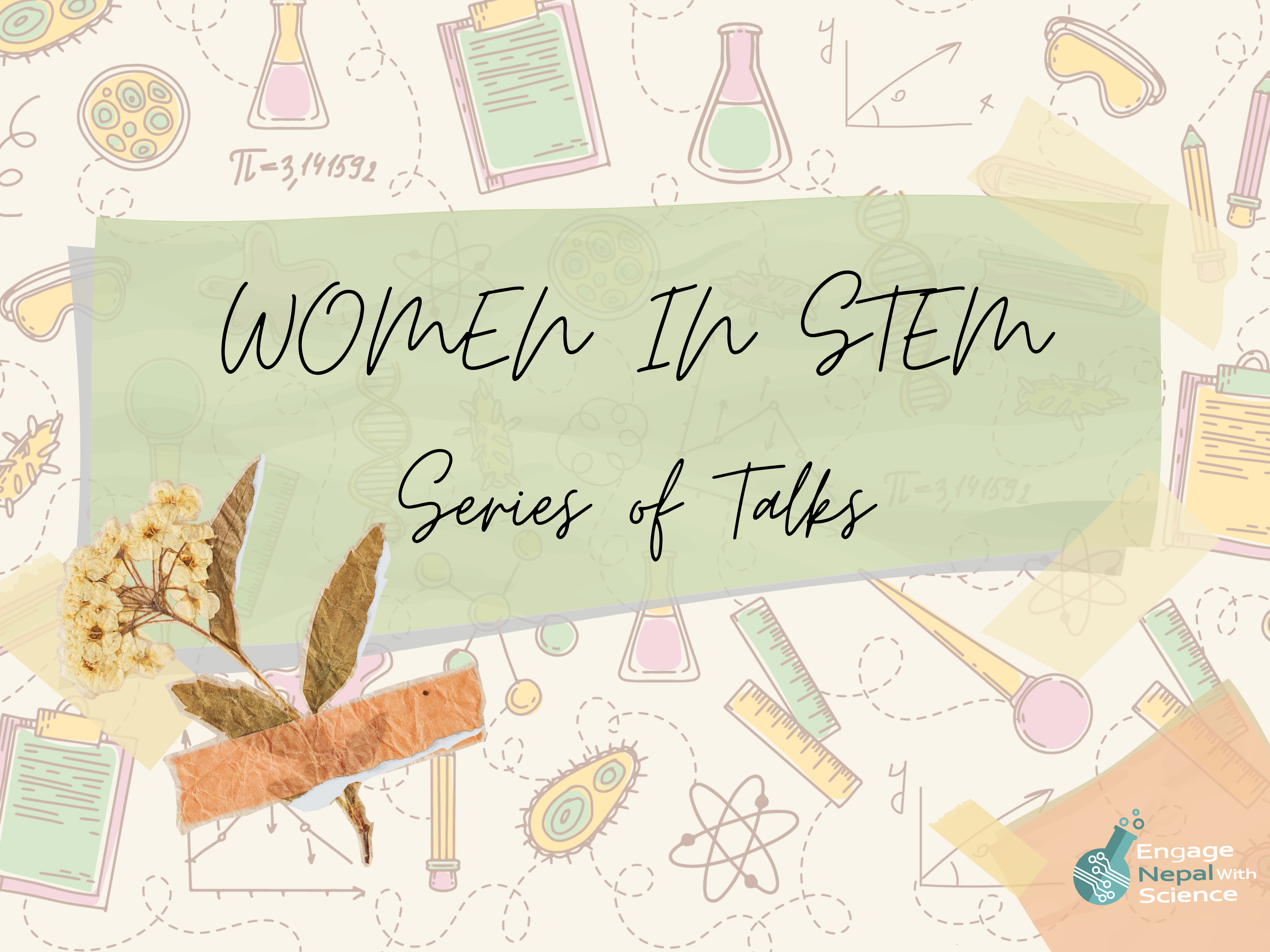Ongoing | Online
Women in STEM Talks
Each year in Nepal only 18% of the total enrolment in Science and Engineering campuses are women. While if we look at fields such as Arts, Education and Management, about half are women. Our actions are focused on directly influencing the eradication of gender stereotypes in the STEM field, in a country where girls and women are underrepresented. Girls and women today are four times less likely than men to acquire the basic digital skills that will be essential in the future. Although more and more girls and adolescents are in school, prejudice and social norms affect the quality of the education they receive, especially in science and technology. 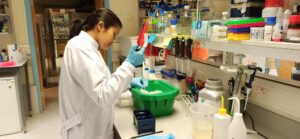
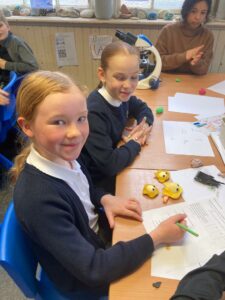 Promoting women’s participation in STEM as a tool for social change means changing mentalities, fighting gender stereotypes and prejudices that limit the horizons, expectations and career goals of the women population in Nepal since childhood. We believe that STEM fields will continue to play a crucial role in sustainable development and, for this reason, we cannot afford to leave behind all the potential for creation and innovation that women can bring as agents of change.
Promoting women’s participation in STEM as a tool for social change means changing mentalities, fighting gender stereotypes and prejudices that limit the horizons, expectations and career goals of the women population in Nepal since childhood. We believe that STEM fields will continue to play a crucial role in sustainable development and, for this reason, we cannot afford to leave behind all the potential for creation and innovation that women can bring as agents of change.
Our Women in STEM talks celebrate the role of women in science who act as disruptive referential models for primary and secondary school students, inspiring young generations, encouraging girls to pursue STEM careers and creating safe spaces that specifically strengthen this new stereotype, while aiming to raise awareness among families of the importance of education for girls. At the same time, this network aims to increase the visibility of Nepali women who excel in the STEM field, offering them the possibility of becoming mentors.
Our Presenters
We have already completed three series with twelve highly motivated talks from women professionals in different fields of STEM at different stages of their careers:
1) Suvechhya Bastola, researcher and Public Engagement Manager at RIBB who shared her experiences as a microbiologist and presented her research project aimed to test water quality in Nepal
2) Anusha Thapa, Master’s graduate from Imperial College London who talked about her career and research on diabetes
3) Linnea Borg, high-school student who discussed the motivation behind her career in the technology field.
4) Dr. Alba Abad, researcher at the University of Edinburgh who talked about her experience as a life sciences researcher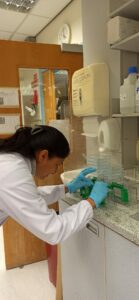
5) Rojlina Manandhar researcher at RIBB who talked about the importance of using natural products to preserve food and prevent food loss
6) Paula Garcia Martinez, Biological Sciences undergrad student who talked about Astrobiology.
7) Aarushi Karki, Associate Technology Specialist, and Quantum Associate Ambassador in IBM, UK, talked about the potential use of quantum physics in the analysis of healthcare data.
8) Sadikchya Singh, Master’s graduate in Science Communication and Public Engagement from the University of Edinburgh discussed the importance of science communication in environmental education.
9) Dr. Monika Oli, Master Lecturer, Undergraduate Coordinator and Microbiology Lab Supervisor,University of Florida, talked about the importance of microbiology in both health and disease
10) Dr. Neena Amatya Gorkhali, Chief and Senior Scientist from the National Animal Breeding and Genetics Centre, Nepal Agriculture Research Council, Nepal, discussed animal science, agriculture and biodiversity
11) Jenny Shah, Immunology lecturer at Kantipur Valley College, explained about her research in antibiotics resistance and about having fun with microbes through Agar art.
12) Bidushi Karki (Greenland school) and Lakshmi Mahato (Monastic school), two secondary school students that talked about what STEM means to them, how these sessions had inspired them and what they would like to pursue in their future careers. Bidushi talked about how she would like to become a cardiologist to work with and support rural areas of Nepal. Lakshmi spoke about her passion for the environment and how she would like to become an agricultural scientist to implement sustainable and promote indigenous agriculture tools.
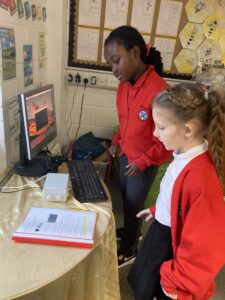 A total of 500 students from 12 different schools have so far participated in these three series. Due to the continued interest from the participating students and teachers, we have integrated these talks as a fixed programme in our catalogue of actions. Furthermore, we are establishing a mentoring program where all the Women in STEM speakers will become mentors of students interested in having 1:1 conversations with a STEM professional.
A total of 500 students from 12 different schools have so far participated in these three series. Due to the continued interest from the participating students and teachers, we have integrated these talks as a fixed programme in our catalogue of actions. Furthermore, we are establishing a mentoring program where all the Women in STEM speakers will become mentors of students interested in having 1:1 conversations with a STEM professional.
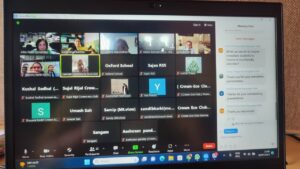 Please get in touch if you would like to be a speaker for one of our sessions or if you would like to suggest a speaker!
Please get in touch if you would like to be a speaker for one of our sessions or if you would like to suggest a speaker!

